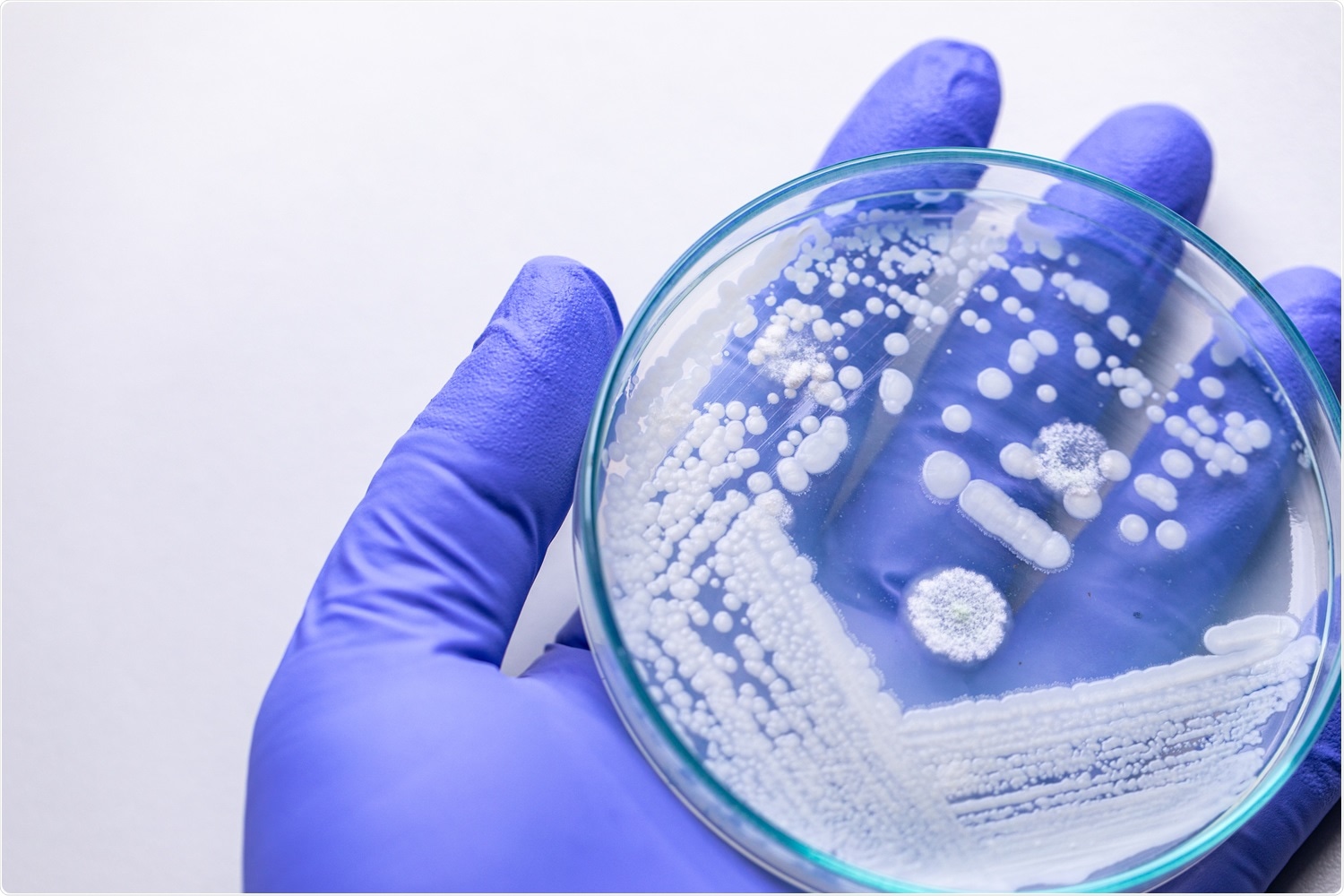The ongoing coronavirus disease (COVID-19) pandemic, caused by the severe acute respiratory syndrome coronavirus 2 (SARS-CoV-2), has caused over 190 million cases worldwide. Of these, over 4 million have died due to the infection.
The vaccine development against SARS-CoV-2 is focused on identifying stable, accessible, and cost-effective candidates for global use, particularly in low and middle-income countries.
Now, a new study published in the journal Science Immunology reports on the efficacy of a rapidly scalable, novel yeas expressed SARS-CoV-2 specific receptor-binding domain (RBD) based vaccine formulated with 3M-052-alum adjuvant. The formulation induced a robust immune response and protection against SARS-CoV-2 in rhesus macaques.
The researchers from Yerkes National Primate Research Center at Emory University, Infectious Disease Research Institute (IDRI), 3M and Texas Children's Hospital's Center for Vaccine Development at Baylor College of Medicine were the first to show combining yeast-expression technology and a new adjuvant formulation to produce a COVID-19 vaccine candidate. Affordable and easy to make on a large scale, the new vaccine could be a major breakthrough.
The SARS-CoV-2 RBD recombinant protein formulation
Infection by beta coronaviruses (CoVs) in humans causes symptoms ranging from mild, caused by common cold-causing strains, to severe acute respiratory syndrome (SARS), caused by highly virulent strains. Vulnerable individuals, such as the elderly and those with comorbidities, may experience severe symptoms and are at a higher risk of death.
The SARS-CoV-2 enters the cells via the human angiotensin-converting enzyme 2 (ACE2) receptor with the use of its spike protein's receptor-binding domain (RBD). Hence, the S protein is the lead target for vaccine development.
Immunogens stabilized in their pre-fusion state elicit strong virus-neutralizing activity upon vaccination. The RBD in the spike protein represents the most dominant target for neutralizing SARS-CoV-2. Further, a yeast called Pichia pastoris, expressed RBD-based vaccine against severe acute respiratory syndrome coronavirus (SARS-CoV) in mice.

Pichia pastoris. Image Credit: Rattiya Thongdumhyu / Shutterstock
Yeast expression is widely available for hepatitis B vaccines in low and middle-income countries and this shows the advantage for the fast development and manufacture of yeast-based SARS-CoV-2 vaccines.
The vaccine
The researchers paired Baylor's SARS-CoV-2 RBD recombinant protein formulation vaccine with IDRI's aluminum-based formulation of 3M's Toll-like receptor 7 and 8 agonist 3M-052 (3M-052/Alum) to enhance the immune response against SARS-CoV-2, increasing the vaccine's efficacy against COVID-19.
By testing the vaccine on rhesus macaques, the team found that the 3M-052/Alum formulation induced a significant and robust overall immune response than alum alone. Thus, it caused a marked reduction of SARS-CoV-2 viral particles in the upper and lower respiratory tracts. It also reduced the severity of lung disease when compared with unvaccinated animals.
Further, the novel and promising vaccine blocked a post-SARS-CoV-2 challenge increase in CD14+CD16++ intermediate blood monocytes, and Fractalkine, MCP-1, and TRAIL in the plasma. In addition, the RBD-specific plasma cells accumulated in the draining lymph nodes and not in the bone marrow, as previously found.
"Together, these data show that a yeast expressed, RBD-based vaccine+3M-052-alum provides robust immune responses and protection against SARS-CoV-2, making it a strong and scalable vaccine candidate," the researchers noted in the study.
The team believes that the vaccine containing a recombinant RBD protein with its novel 3M-052 adjuvant formulation may be potent against SARS-CoV-2, including the newly emerging variants. This is because the vaccine can induce and stimulate both neutralizing antibodies and CD8+ T cells, which can kill the virus if it enters the cells.
"Our study supports the testing of an RBD-based immunogen adjuvanted with 3M-052-alum in human trials might offer as a cost-effective, scalable and thermostable SARS-CoV-2 vaccine," the team concluded in the study.